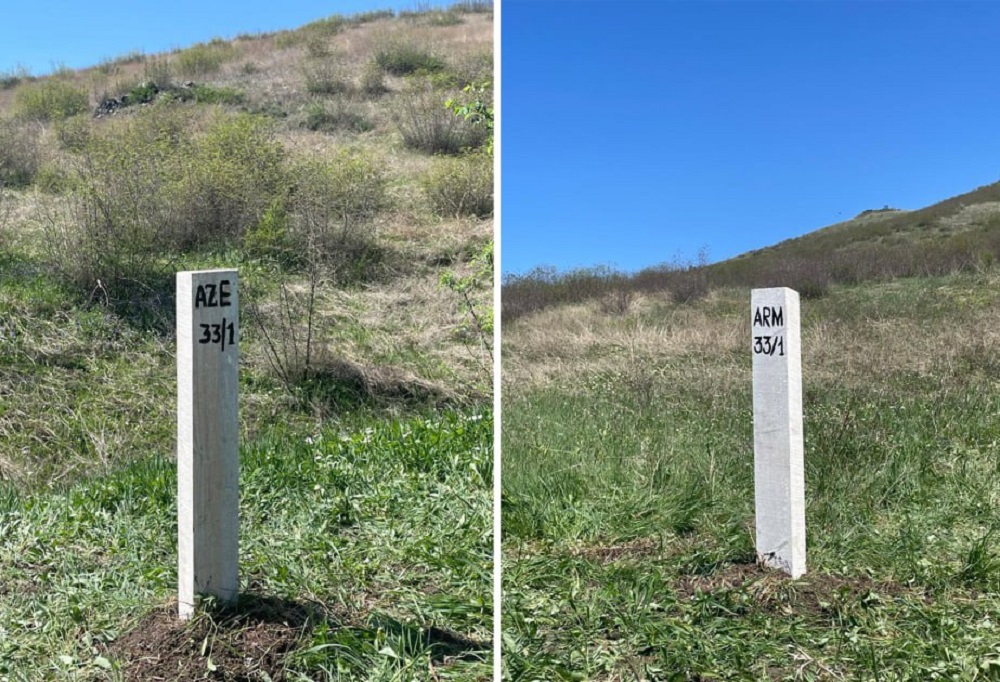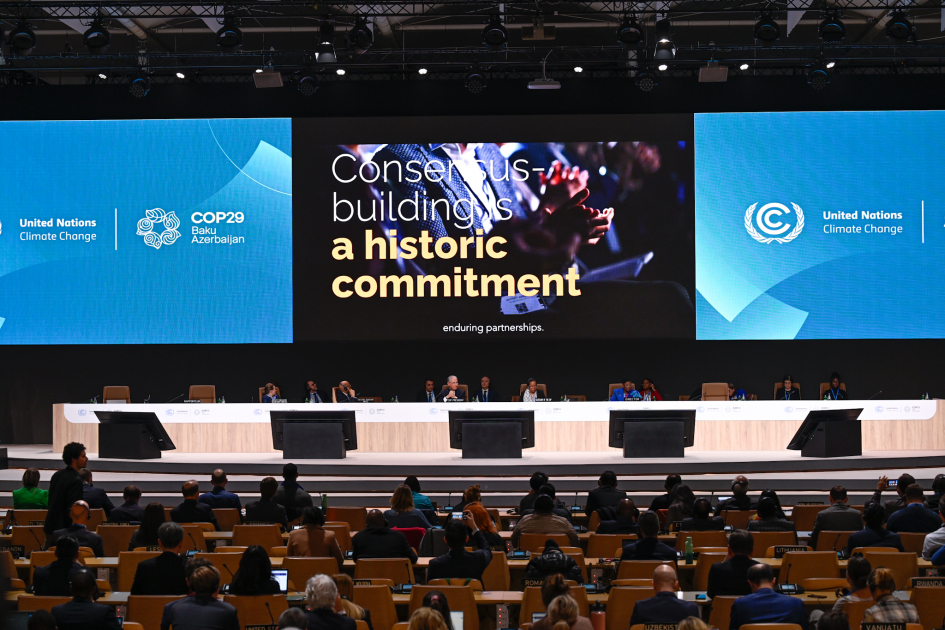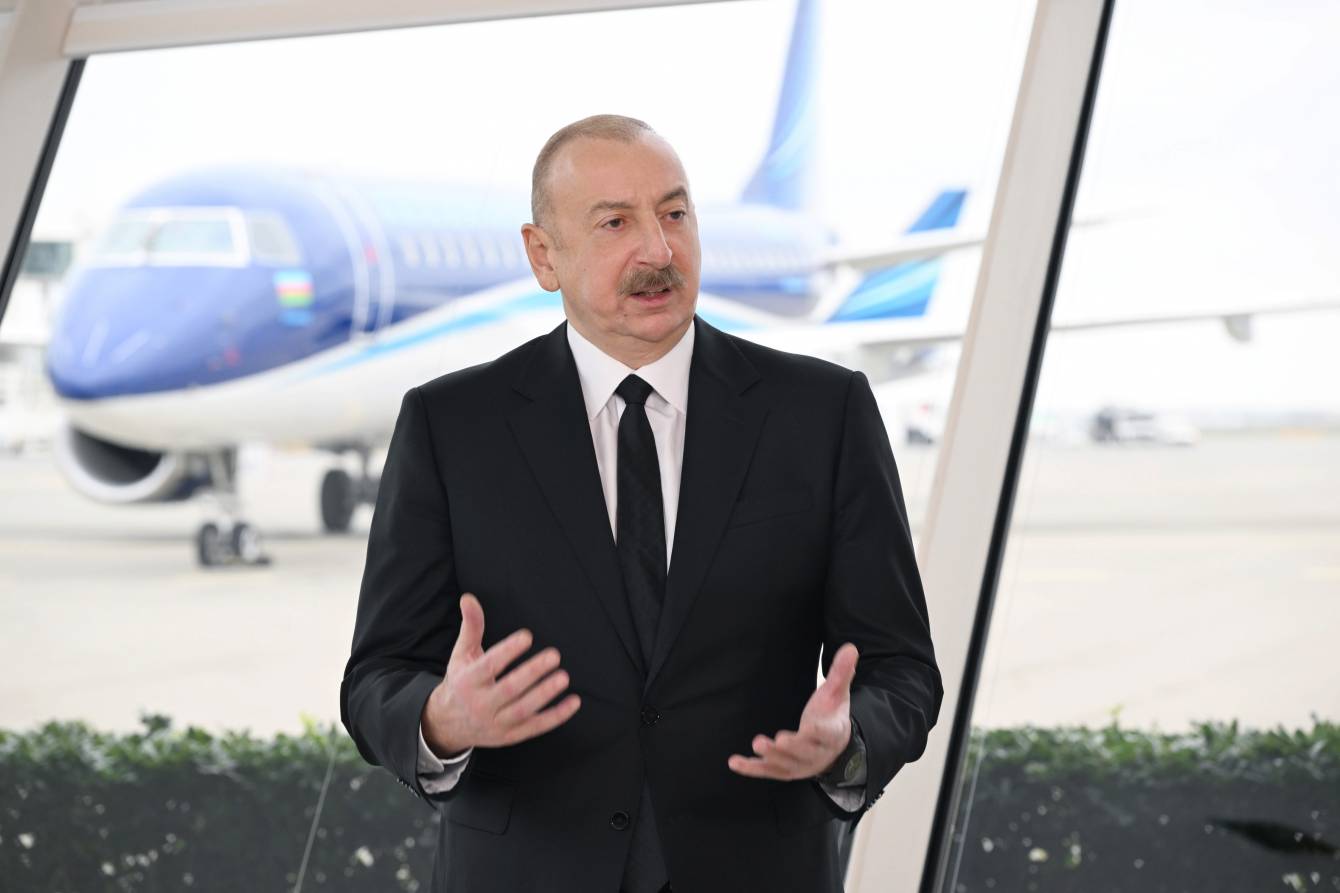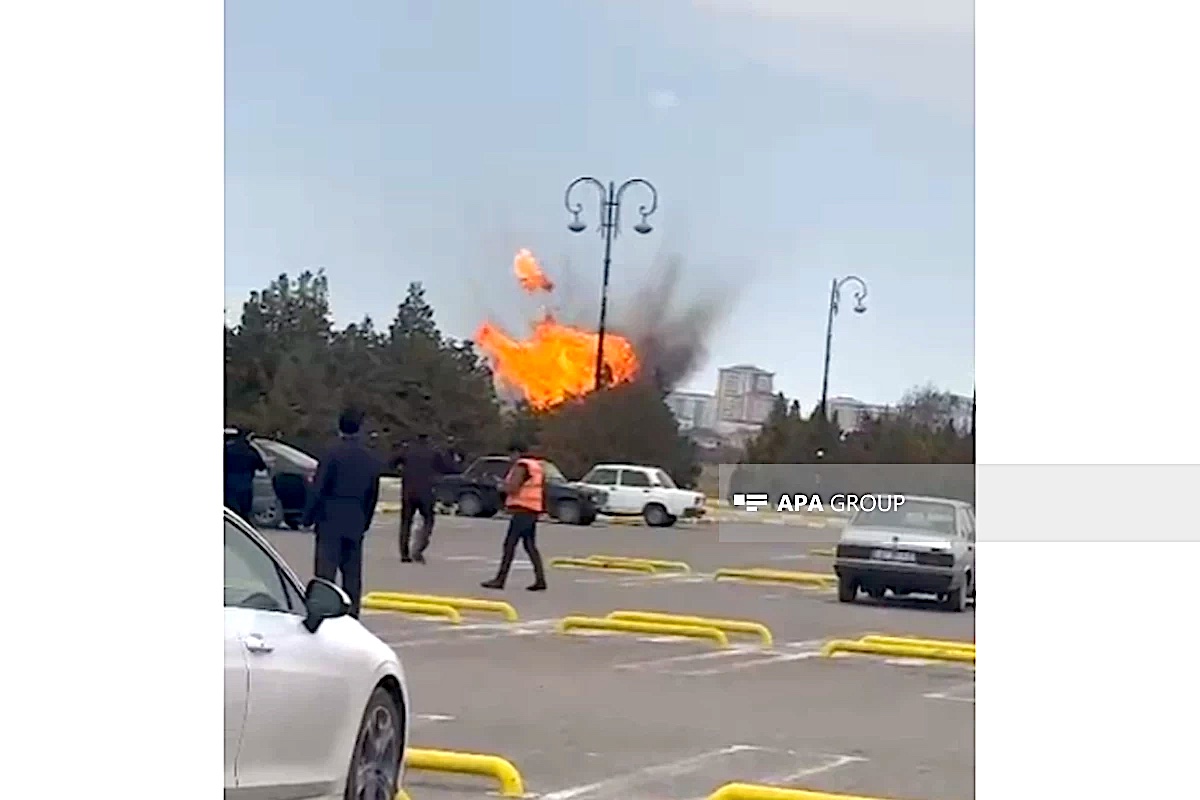Azerbaijan in 2024: Key events
Key events in Azerbaijan 2024
The year 2024 in Azerbaijan was marked by contradictions. While the growing number of political prisoners and ongoing human rights concerns remained pressing issues, there were also notable positive developments. These included the complete withdrawal of Russian peacekeepers from Karabakh and the successful hosting of COP29, a major global environmental event. However, the year ended tragically with the crash of a passenger plane on the Baku-Grozny route near Aktau.
- Nearly 200 cases of violence against journalists recorded in Georgia in 2024
- Crises, coup and successful tourist season: Abkhazia’s 2024 in review
- Armenia in 2024: Choosing between Europe and Russia, skepticism, and fight for future
Issue of political prisoners
Throughout 2024, the number of political prisoners in Azerbaijan continued to grow. According to human rights organizations, by the end of the year, there were over 330 political prisoners, including more than 30 journalists.
Investigations into the Abzas Media case, which began with arrests in November 2023, continued into early 2024. Later, employees of the internet television network Toplum TV were also arrested, followed by journalists from Meydan TVcloser to the end of the year.
This year also saw the arrests of prominent human rights defender Rufat Safarov, activist Bahruz Samedov, and opposition politician Azer Gasimli.
The Abzas Media case has been sent to court, while investigations into the other cases are ongoing.
Azerbaijan’s delegation leaves PACE
In January 2024, the Parliamentary Assembly of the Council of Europe (PACE) refused to ratify the credentials of Azerbaijan’s delegation. However, even before this decision was made, the Azerbaijani delegation withdrew from PACE, issuing a strong statement.
According to Azerbaijani experts, the conflict between the European organization and Azerbaijan arose from “inconsistent policies by European parliamentarians and a one-sided interpretation of facts.”
Seventy-six deputies voted in favor of suspending the credentials of Azerbaijan’s delegation to PACE. In response, these individuals were declared persona non grata in Azerbaijan.
Presidential election
In the snap presidential elections held on February 7, incumbent President Ilham Aliyev secured victory with 92.12% of the vote.
“The early presidential elections were conducted in a restrictive environment with critical voices and political alternatives largely absent,” stated observers from the OSCE and ODIHR.
The Azerbaijani non-governmental organization, the Election Monitoring and Democracy Training Centre, noted that “traditional shortcomings were observed in the voting and vote-counting processes” during the snap presidential elections.
8 March protest
On March 8, the only mass protest of the year took place in central Baku. The 8 March demonstration was organized by feminists, as is customary on this day.
The police did not intervene during the protest, and no participants were detained.
At the end of the march, participants read out their statement.
Withdrawal of peacekeepers from Azerbaijan
In the past year, Russian peacekeepers left Azerbaijan, having been deployed to Karabakh under the trilateral agreement signed by the leaders of Azerbaijan, Armenia, and Russia on November 10, 2020.
The withdrawal of Russian peacekeeping forces from Karabakh took several days.
Under the terms of the trilateral agreement, the peacekeeping contingent was supposed to remain in Karabakh until 2025, with the possibility of a five-year extension unless one of the parties objected. However, following the results of the Azerbaijani Armed Forces’ counter-terrorism operation in September 2023 and the full restoration of the country’s territorial integrity, the need for peacekeepers was eliminated.
Peace treaty and border delimitation
The first phase of the border delimitation and demarcation process between Azerbaijan and Armenia has been completed.
As a result, Azerbaijan regained control of four enclaves that had come under Armenian control during the first Karabakh war.
Border markers were installed along 13 kilometers of the border line.
The continuation of this process is expected in 2025. According to experts, further delimitation and demarcation depend on the signing of a peace treaty between the conflicting parties.
Both sides have recently stated that 15 out of 17 points in the peace treaty have been fully agreed upon. Azerbaijan has disclosed the content of the two unresolved points: amendments to Armenia’s Constitution and the mutual withdrawal of claims in international courts.
Parliamentary elections
On September 1, Azerbaijan held snap parliamentary elections.
President Ilham Aliyev’s party, Yeni Azərbaycan (New Azerbaijan), renewed its absolute majority in the Milli Majlis, securing 68 seats. An additional 44 seats went to independent candidates, most of whom are known for their pro-government stance.
COP29
Baku hosted the 29th session of the Conference of the Parties to the UN Framework Convention on Climate Change (COP29).
Under the agreement reached at COP29, wealthy nations will provide $300 billion annually to poorer countries for approximately 10 years to combat climate change. This represents a record-breaking commitment to addressing climate change.
Passenger plane crash
The calendar year in Azerbaijan ended on a tragic note with a plane crash on December 25 in the Kazakh city of Aktau. An Azerbaijan Airlines passenger plane en route from Baku to Grozny crashed, resulting in 38 fatalities and 29 injuries.
Immediately following the tragedy, official Baku suggested a high likelihood that the plane was struck by Russian air defenses near Grozny. Azerbaijan demanded an official apology from Russia, acknowledgment of responsibility, and compensation.
Russian President Vladimir Putin called Azerbaijani President Ilham Aliyev and offered an apology for the incident.
The investigation into the case is ongoing.























